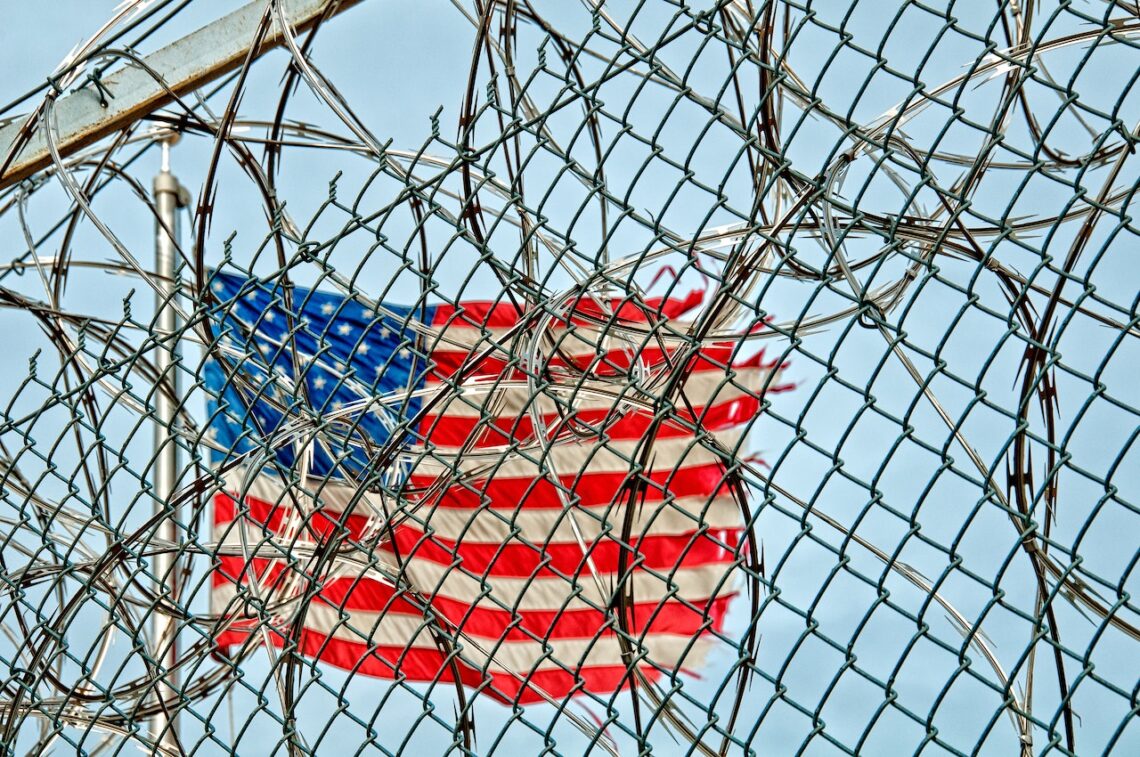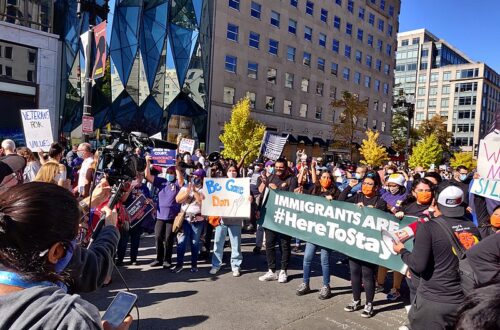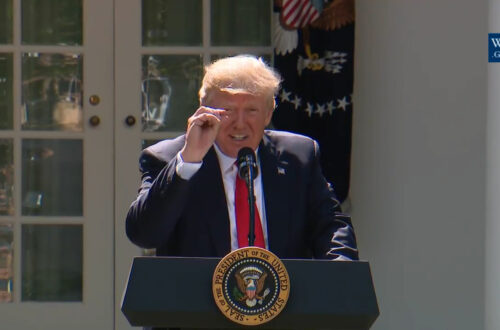Five states — Vermont, Oregon, Louisiana, Alabama and Tennessee — will hold referenda this Tuesday to determine the future status of unpaid prison labor as a punishment, with consequences nationwide after the midterm elections.
The practice, known as “prison slavery” by some, may be considered an exception to the 13th Amendment that officially banned slavery across the U.S. As a result, many states, like Alabama, continue to include similar clauses in their state constitutions.
Hence, these notable ballot initiatives will seek to change what some consider antiquated and inhumane clauses in state constitutions.
The initiative to remove controversial clauses regarding unpaid prison labor isn’t new. Legislators have advocated for similar measures for years, and three states — Colorado, Nebraska and Utah — have approved similar ballot initiatives since 2018. Furthermore, countrywide anti-slavery organizations have been pushing for these initiatives, which they claim correct a widely ignored injustice.
“There’s a shockingly large number of Americans that don’t know this issue even exists, that there’s a provision that allows for slavery in any form in the constitution,” said Krysta Bisnauth, senior advocacy officer at Freedom United, an anti-slavery organization.
Freedom United uses petitions, social media campaigns and other outreach methods to inform the American public about the conditions of prisoners, she said.
Other organizations like the Abolish Slavery National Network believe the approval of these new measures will encourage a currently gridlocked Congress to act on the issue at a federal level by demonstrating that the initiative is popular among various states.
Twenty states, including Florida, currently allow for unpaid prison labor, which has become a cornerstone of many of the economies of these states.
In Florida, this prison economy consists of about 3,500 unpaid prisoners who form “community work squads” that work in sectors like utilities and road maintenance.
However, unpaid prison labor is also impactful at a much larger level.
The legalization of private prison labor in 1979 with the Prison-Industries Act led to prison industry profits snowballing from $302 million in 1980 to $1.31 billion in 1994.
The Washington Post reports that nationally around 800,000 prisoners work without pay or earn meager salaries. A report by the Congressional Research Service demonstrated that the Federal Prison Industries, a U.S.-owned prison labor program corporation, paid inmates starting at $0.23 per hour to a maximum of $1.15 per hour to produce sundry goods including furniture and body armor.
This work is often forced and punishable by measures such as solitary confinement, Bisnauth said, and as a result, activists like her contend that these conditions could have pernicious consequences later on.
Solitary confinement “can lead to mental health issues,” she said. “Essentially the system does not procure persons to be rehabilitated when they leave, creating a higher chance that they are going to return.”
Another element of unpaid prison labor is racial demographics. In Florida, 43% of men on work squads are Black, even though Black people only make up less than 10% of the state population. These prison labor practices also have a long history behind them, many activists say.
After the 13th Amendment was ratified, Black Americans were arrested in large numbers for minor crimes, Bisnauth said, which forced them to have to go out and work in the same fields or plantations where they were previously enslaved.
This targeting is still occurring today and manifests into disproportionate punishments for petty crimes and racial profiling by police, she said.
Nonetheless, these sentiments aren’t shared by everyone. One longstanding concern has been that passing these types of ballot initiatives would signal to prospective criminals that the government is being soft on crime. Some critics argue prison labor programs allow prisoners to gain crucial skills and develop responsibility.
“Similar to community service or volunteer work, inmates who are assigned to work squads provide a valuable service to Florida’s communities, reduce expenditures to taxpayers, and receive job skills and experience that will benefit their lives after they are released,” said Mark Inch, former Secretary of the Florida Department of Corrections, in a statement.
Although controversial in an ethical sphere, many small Florida communities declare prison labor as a cardinal and irreplaceable component of their local economies. As a result of low tax revenue, many rural Florida counties rely on the income they get from prison labor to maintain their budgets.
Additionally, this isn’t only a Florida quandary. States like California rejected similar initiatives a few years ago because officials were concerned that billions of dollars would have to be poured into the prison industry to sustain the new demands.
Others disagree with the initiatives on a more nuanced level, with common objections pertaining to the redundancy of the initiatives and the purported ineffectiveness thereof.
A lawsuit on behalf of prisoners filed in Colorado immediately after the prison-slavery abolition amendment passed hasn’t made much ground. The state has additionally claimed that such lawsuits shouldn’t be considered because the state is not coercing prisoners into working. Rather, it’s merely punishing those that refuse, the state claims.
As a result, conditions in Colorado prisons haven’t changed significantly.
These attempts at reform have the potential to draw attention to the U.S. history of unpaid prison labor and may open the door to further challenging enduring precedents.
Activists like Bisnauth say that getting these abolition initiatives approved is only one step in a long process of safeguarding the rights of prisoners.
The symbolic weight of these initiatives will cause their influence to percolate to other sectors of the economy and other states that allow for unpaid prison labor to occur.
Check out other recent articles from the Florida Political Review here.
Featured image: American Flag on Pole Under Blue Sky during Daytime. (From Pixabay, used under a Creative Commons License. https://bit.ly/3T2dB8t)





